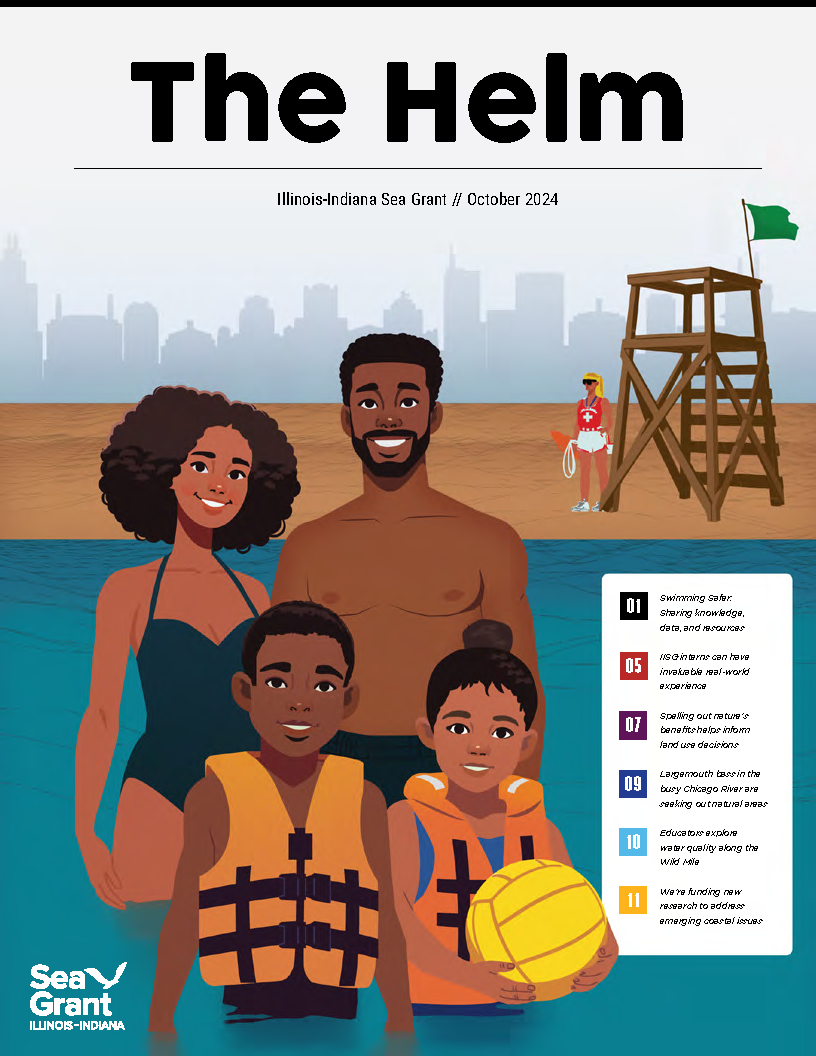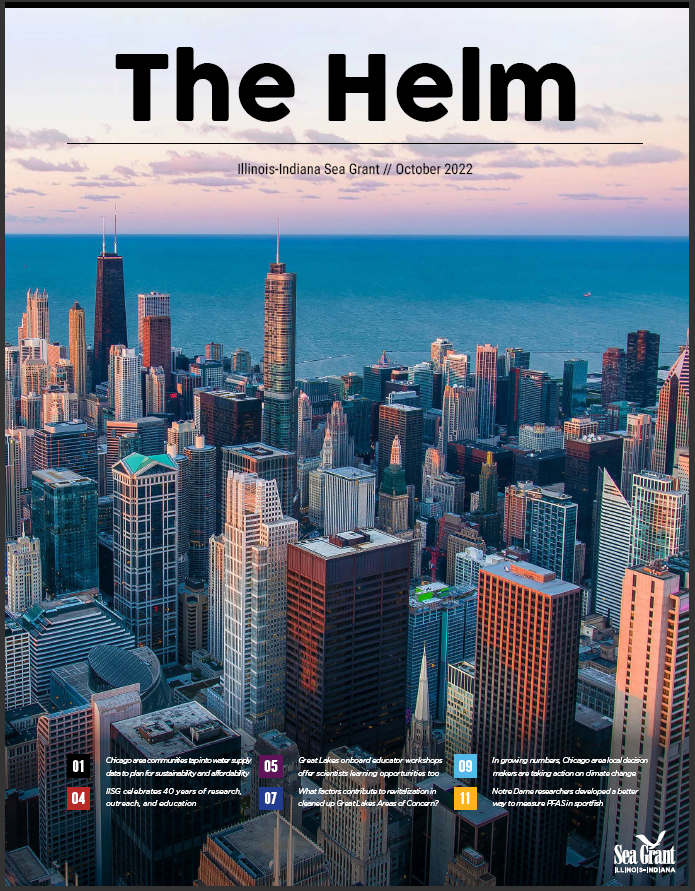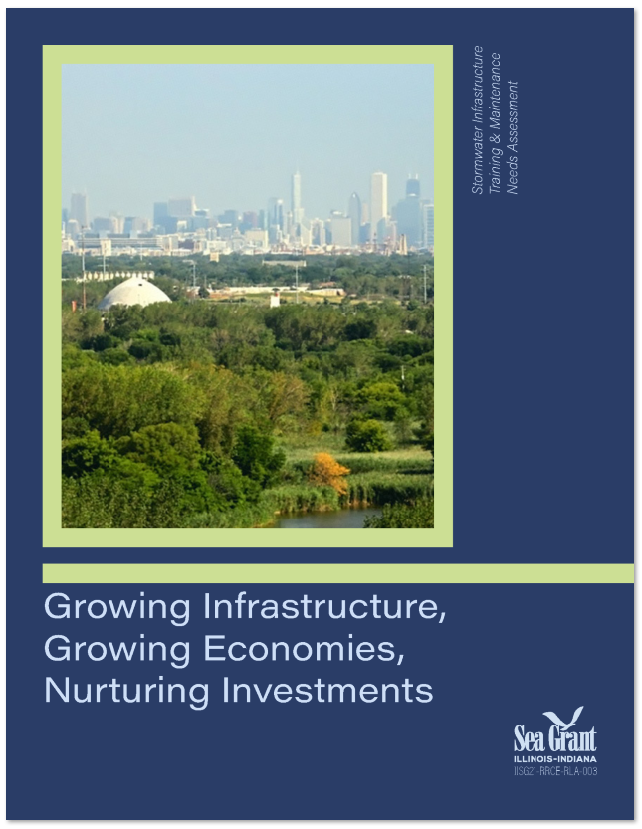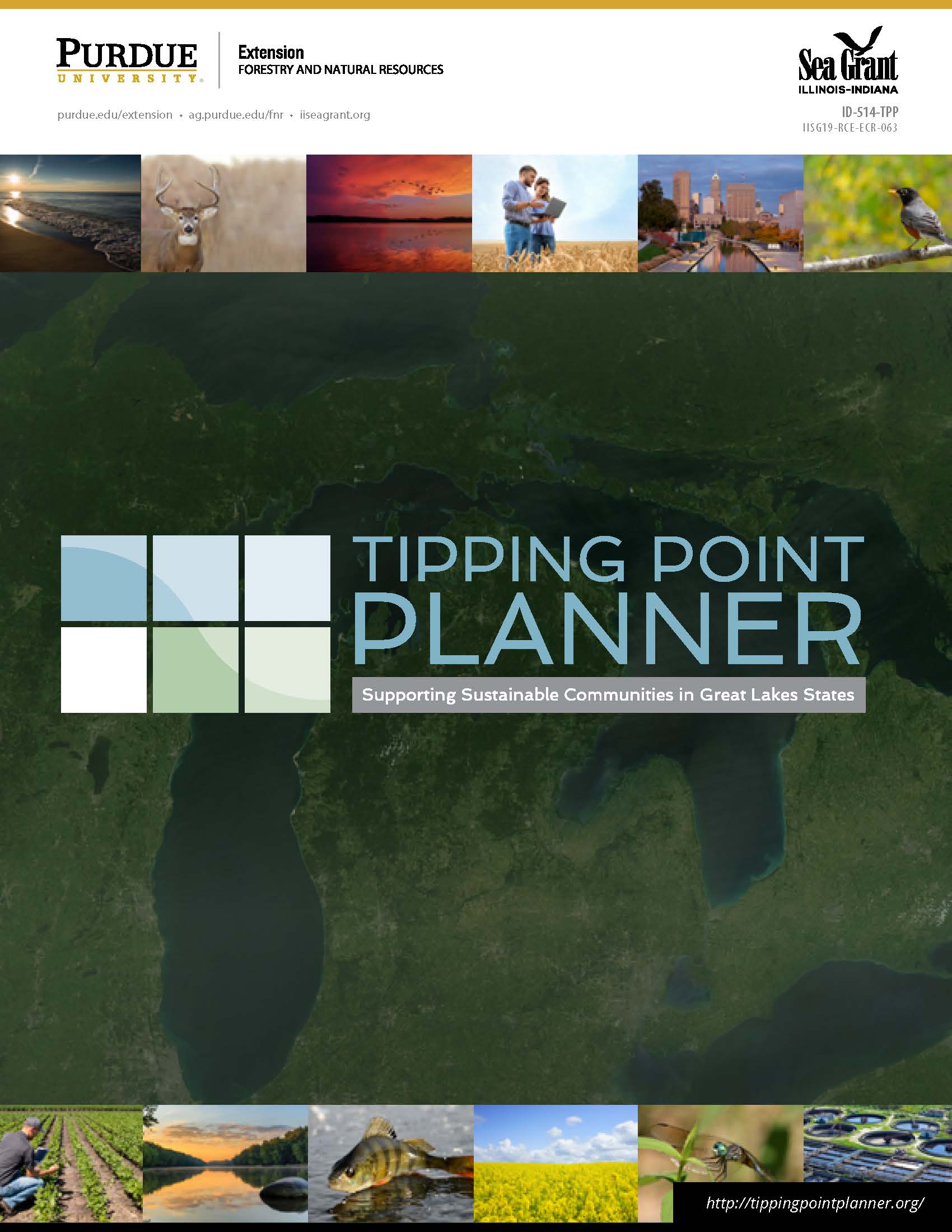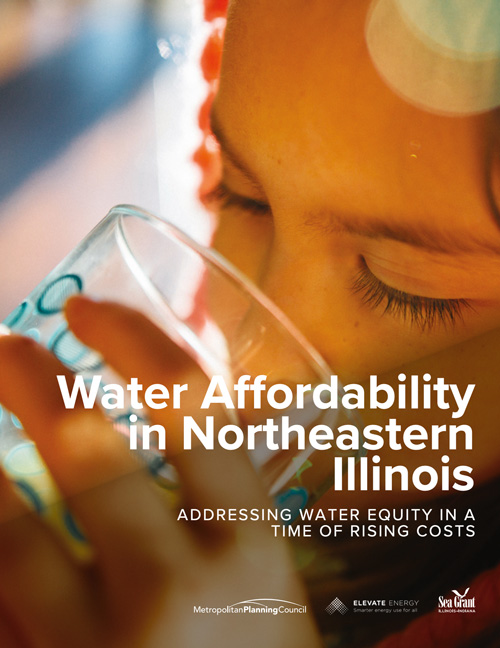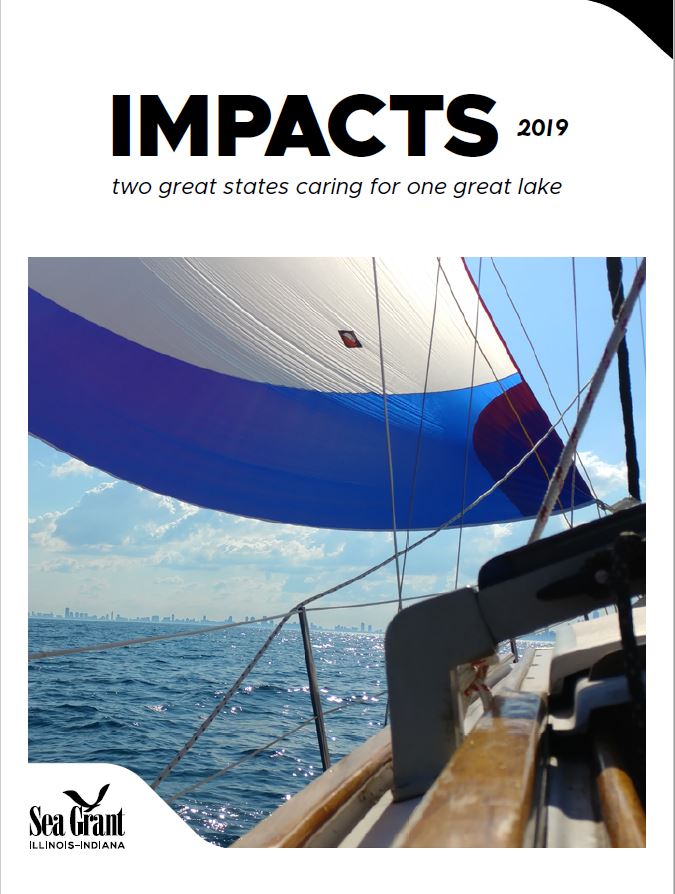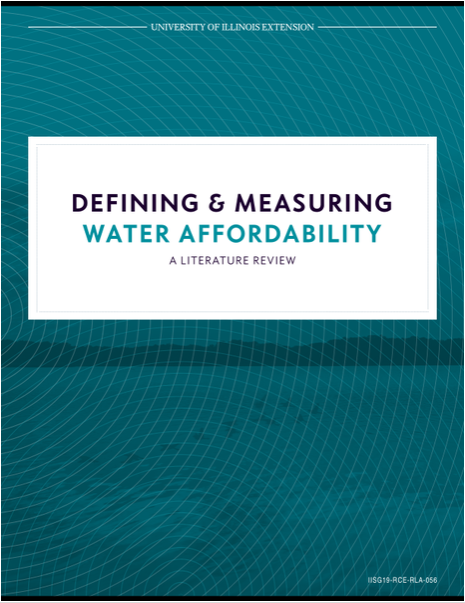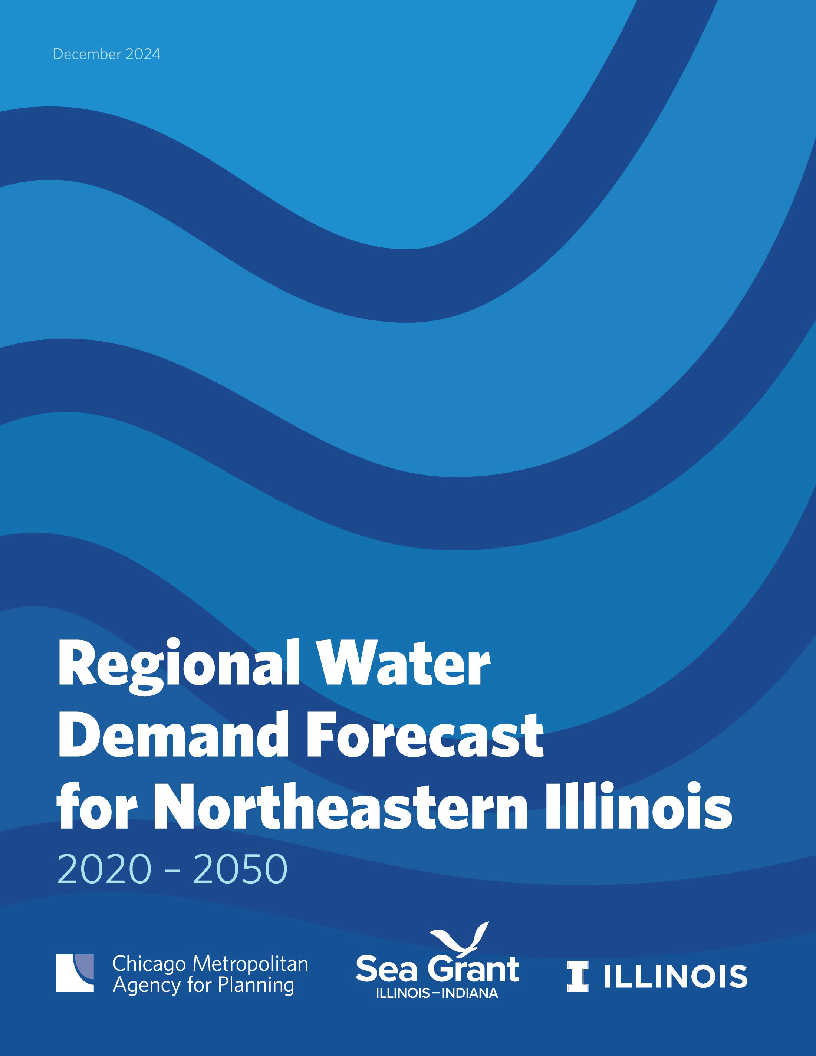
File Size:
Understanding future water demand is key to managing these resources sustainably. The Chicago Metropolitan Agency for Planning (CMAP), Illinois-Indiana Sea Grant (IISG), and University of Illinois Extension recently updated the region’s water demand forecast to reflect new population and employment projections. The forecast shows that water use is expected to continue declining, due to steady advances in water conservation and efficiency that are outpacing population and employment growth. However, in some areas, forecasted water demand will exceed available groundwater supplies.
This publication is available through the Chicago Metropolitan Agency for Planning’s website at: https://cmap.illinois.gov/wp-content/uploads/dlm_uploads/Regional-Water-Demand-Forecast-for-Northeastern-Illinois-2020-2050.pdf

